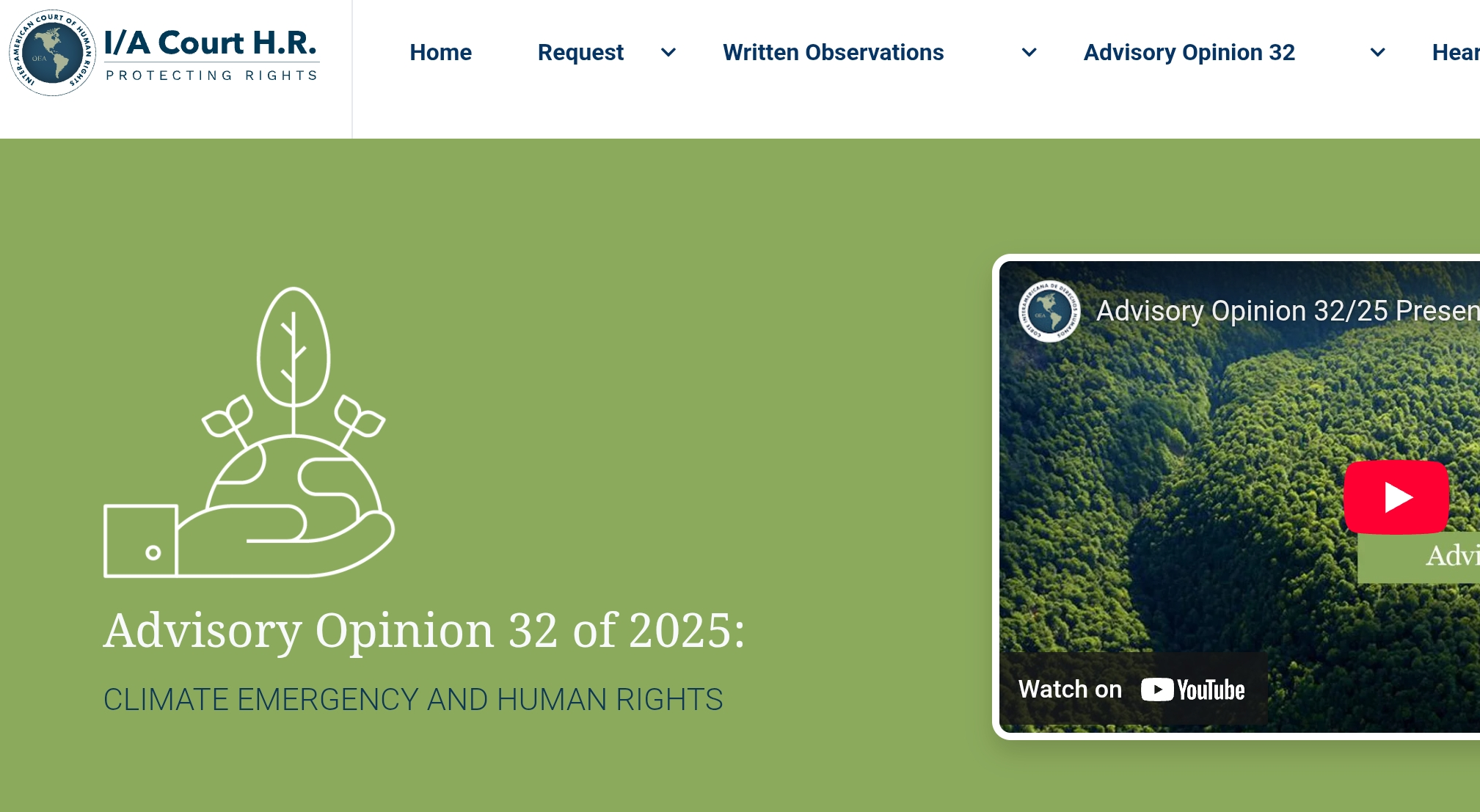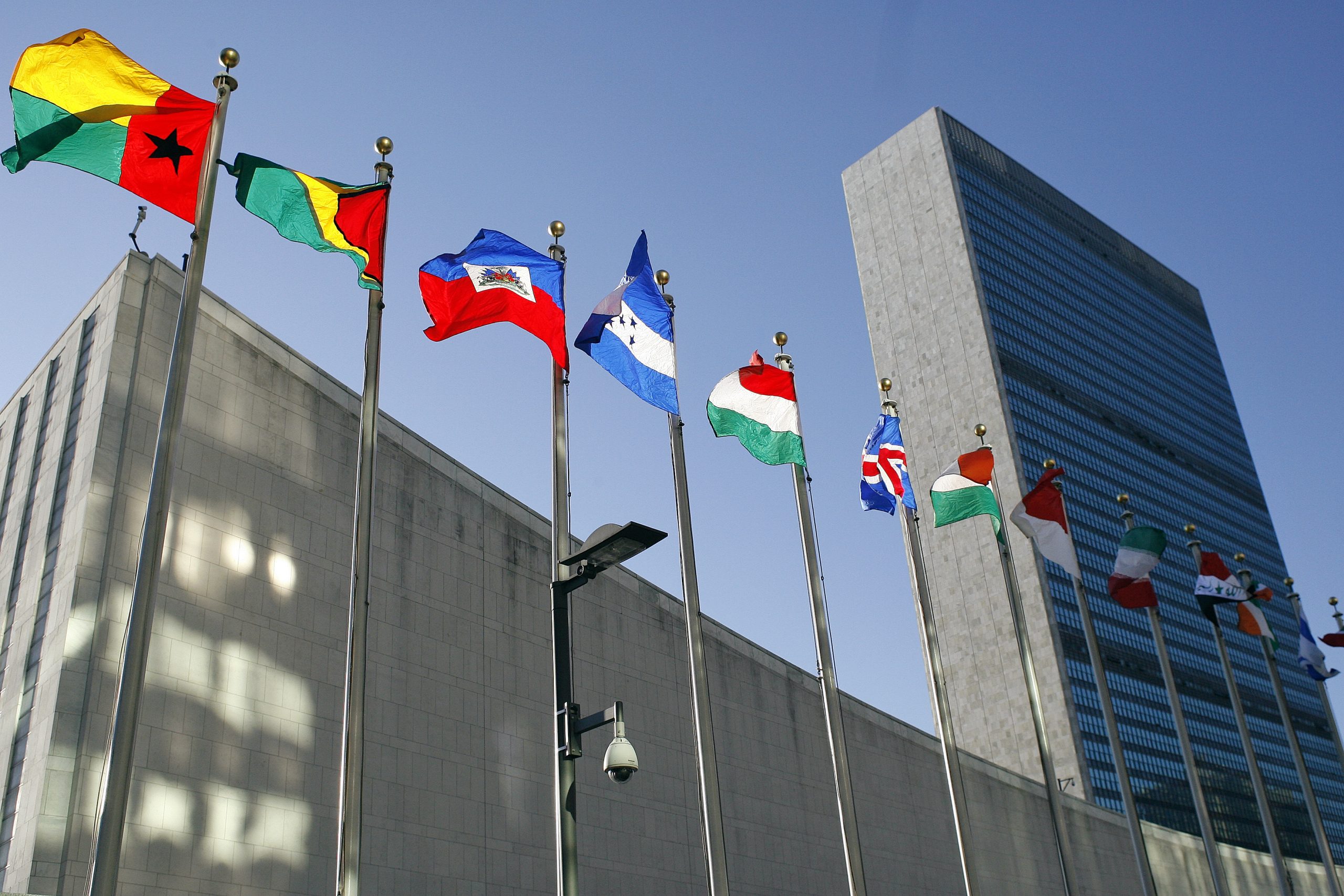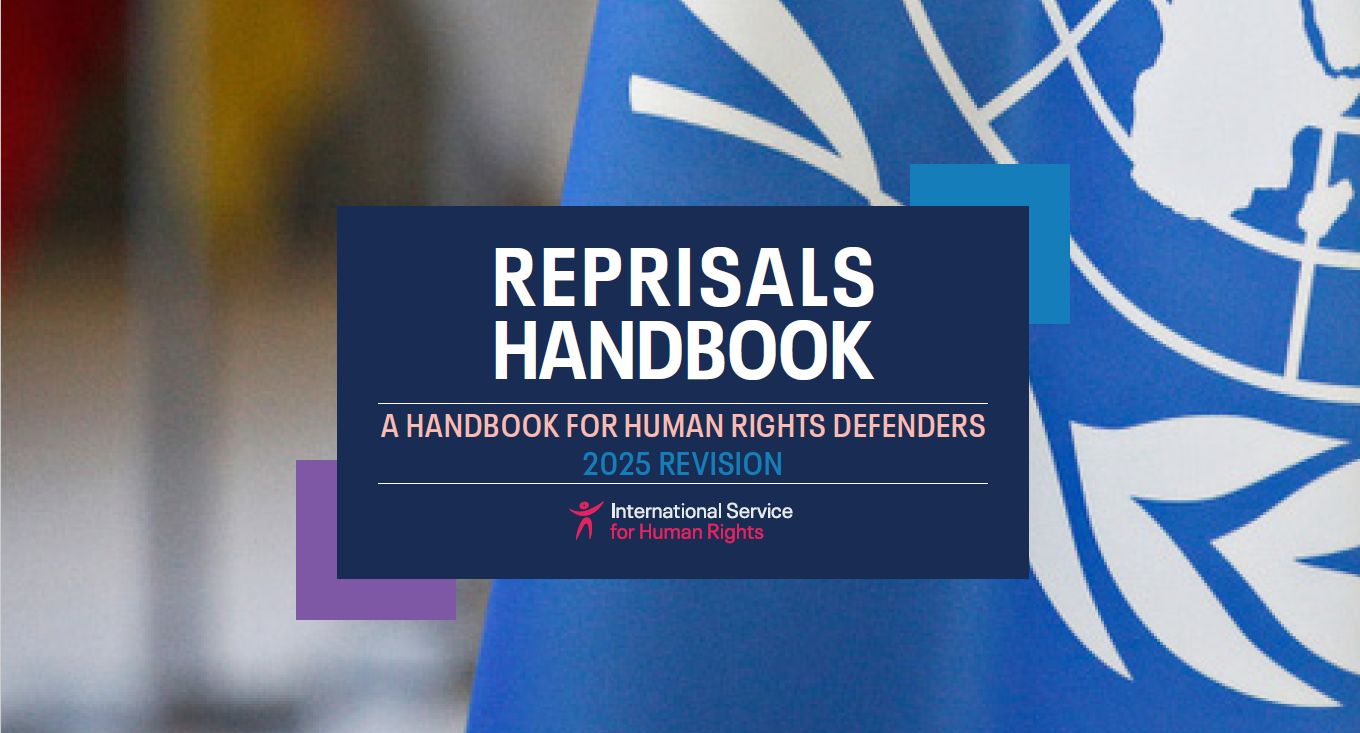Click here to read more about ISHR’s coverage of COVID-19.
The full statement is below:
Civil Society Principles and Recommendations on Ensuring Civil Society Access and Meaningful Participation in UN Discussions During the COVID-19 Pandemic
The UN and member-States are faced with the need to respond swiftly and effectively to the global crisis of the COVID-19 pandemic. In doing so, engaging with civil society partners in all their diversity is critical. As UN agencies, mechanisms, and bodies alter their way of working – postponing sessions or moving activities online – they must consider how to maintain and broaden that meaningful and inclusive engagement with civil society. They should be guided in this by the principles of accountability and transparency and have a mind to the following recommendations:
● Including civil society should be a key consideration in decision-making processes related to COVID-19, as measures adopted must respond to actual needs and create more confidence and compliance in order to protect health and lives;
● Exceptional measures and states of emergency adopted to fight COVID-19 should not be used as reasons to restrict civil society access and opportunities for participation within UN fora;
● Any changes to working methods and modalities of UN meetings due to being held online or to physical distancing should include an impact assessment on civil society participation before being enacted, the purpose of which is to ensure that civil society space is not limited by any such changes;
● When any activities are moved online, opportunities for participation and engagement for both ECOSOC-accredited and non-accredited NGOs should be, at a minimum, as significant and as meaningful as they were in person;
● All open sessions of UN deliberative and decision-making bodies, including but not limited to human rights bodies, should be broadcast in source language and in English and the footage archived;
● Secure, open, and accessible communication platforms should be adopted to protect civil society and ensure participation regardless of technological resources;[1]
● The digital divide should be addressed through financial and technological assistance for civil society actors who are less able to acquire the necessary technology and connectivity on their own;
● Feedback from civil society actors should be actively sought when selecting secure means of communication to engage with them online or by phone;
● Member-States and the UN must remain vigilant about, and take measures to mitigate and respond to, the possibility of new and increased risks of intimidation and reprisals targeting human rights defenders when operating online and via information and communication technologies; and have in mind that intimidation and reprisals can span the the spectrum of online and offline spaces;
● The UN and its agencies, offices, and other constituent bodies should make available comprehensive and easily understandable information in a variety of languages on how to engage with the UN virtually;
● If carried out inclusively and securely, online participation presents an opportunity to widen the number and diversity of civil society actors engaging with UN agencies, mechanisms, and bodies, including after in-person meetings are resumed, as it will remove the resource constraints linked to travel; and
● Resident Coordinators and OHCHR offices in country should ensure they maintain close contact with human rights defenders in country. This, as a means to channel crucial situational analysis and other information into the UN system for response, but also to monitor restrictions placed on the activity of human rights defenders that go beyond what are reasonable measures to limit the spread of COVID-19.
Signatories:
Access Now
CIVICUS
European Center for Not-for-Profit Law Stichting (ECNL)
Global Justice Center
Human Rights in China (HRIC)
International Center for Not-for-Profit Law (ICNL)
International Planned Parenthood Federation (IPPF)
International Service for Human Rights (ISHR)
International Women’s Health Coalition
Jacob Blaustein Institute for the Advancement of Human Rights (JBI)
Outright Action International
Plan International
Save the Children
Urgent Action Fund for Women’s Human Rights




